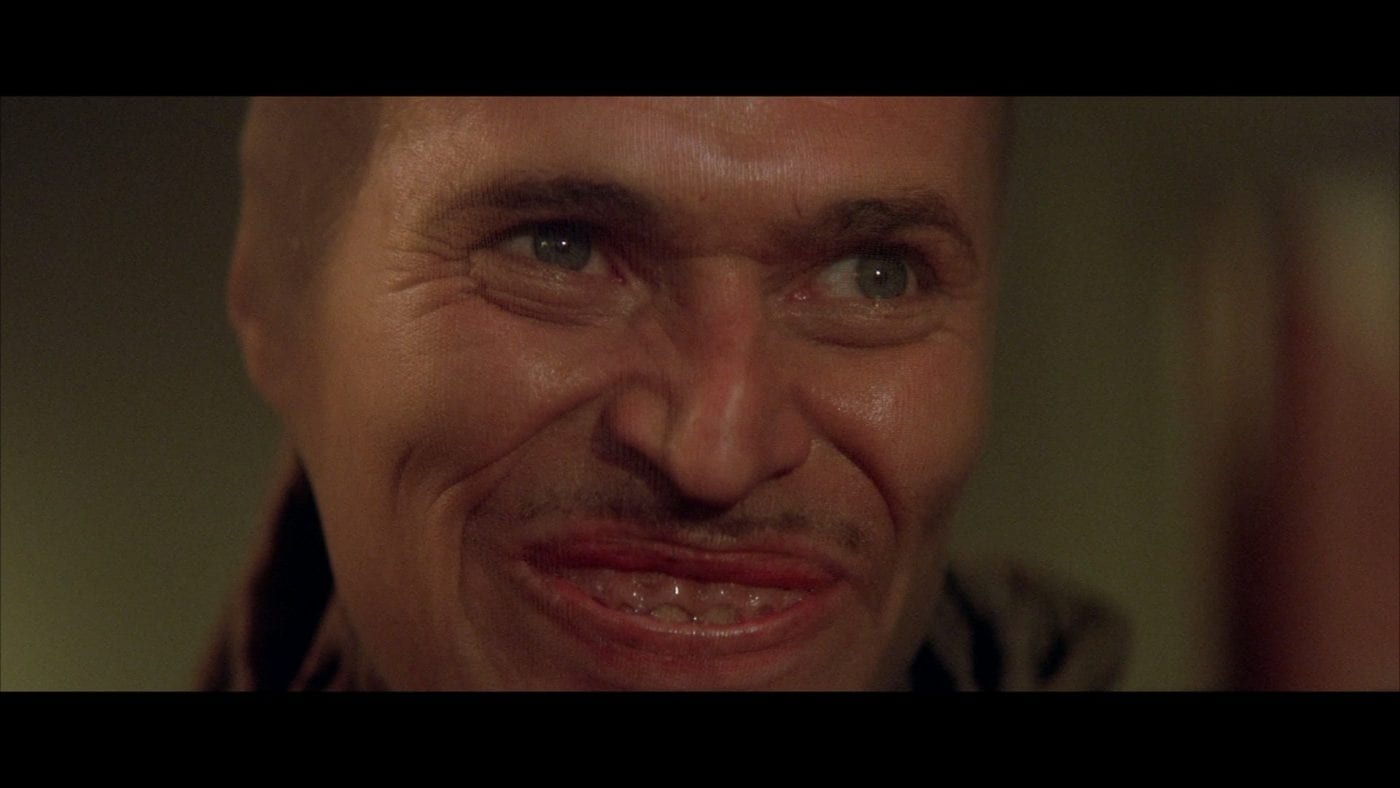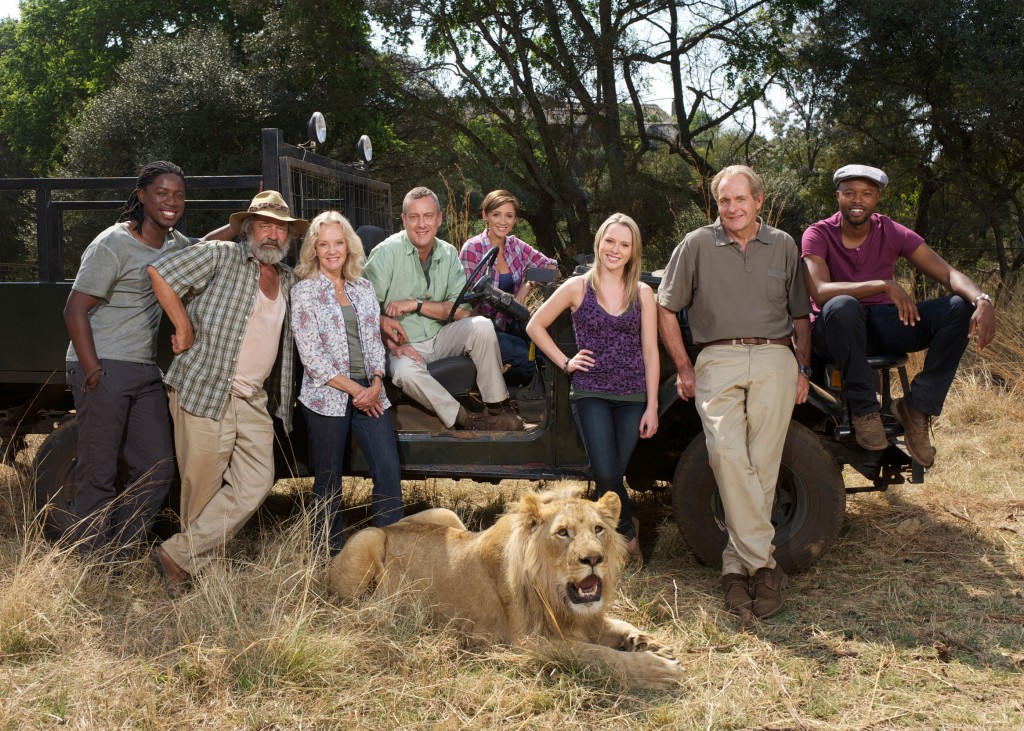

#WILD AT HEART REVIEW FULL#
Both works are predicated on the puritanical notion that the world is full of dirty secrets and ineffably evil intentions, countered by an Eagle Scout’s sense of the good and the innocent (embodied mainly in the Kyle Maclachlan character in both works) that never gets very far beyond the nuances of an Andy Hardy.Īs watchable and unpredictable as these works often are, they seem held together by a form of camp irony - a kind of facetiousness about wholesome images of the American Dream - that threatens to unhinge their premises at every turn, creating a kind of suspense which seems more tenable in mysteries and serials than in less open-ended forms, such as love stories. But discounting The Elephant Man and Dune, where he was working as a hired gun, his present reputation chiefly stems from Blue Velvet (where he managed to push all the right Hitchcock buttons) and Twin Peaks (where he smuggled his eccentric style into primetime soap opera). In Eraserhead, at least, one felt he had something highly personal to impart –queasy feelings about parenthood, families, urban poverty and other forms of entrapment. Yet it seems that almost every step in his subsequent dilution of that talent has been greeted with a rise in critical praise and audience response - perhaps because his genuine flair for producing disquiet seems more subversive to many as it inches its way into the mainstream. The last person to turn to, alas, would be David Lynch, who, as it happens, discovered the novel while it was still in galleys, wrote a first-draft screenplay in six days, and, a little over a year later, won the the Palme d’Or at Cannes for his freewheeling adaptation.Īs a director whose talents are essentially non-narrative and painterly –- a creator of moods, textures and uncanny dream images - Lynch started his career with Eraserhead at the peak of his powers.


It is hard to imagine a commercial film that could respect the book’s form and to find a commercial filmmaker who could respect its characters, milieu and feelings, one would have to look for someone like the Nicholas Ray of They Live By Night. (‘The woman wouldn’t be fifty for two or three years yet and she acted like life forgot her address.’) More literary in a self-conscious way than Willeford at his best (e.g., Sideswipe), it imparts a similar feeling for the vernacular poetry of despair and the way certain people live, think and speak. Split into 45 chapters over a mere 159 pages, it charts the cross-country flight of Sailor and Lula, a recent parolee and his girlfriend, from her hysterical mother, proceeding from the Carolinas to New Orleans to Texas in a picaresque journey that, in the tradition of the eighteenth-century novel, has plenty of room for interpolated stories. This review appeared in the Autumn 1990 issue of Sight and Sound.–- J.R.ĭedicated to the memory of the late noir writer Charles Willeford, Barry Gifford’s Wild at Heart is a lovely little novel about youthful passions, dashed hopes and intricate cross-purposes in a redneck milieu.


 0 kommentar(er)
0 kommentar(er)
